Whole-Home Applications for HEPA Air Filters
When it comes to filtering indoor air, the acronym “HEPA” has long been a catchword that was reserved for places such as clean rooms, certain areas in hospitals, and other health and high tech applications where the cleanest air achievable was desired. While ‘HEPA-style’ filters (media air cleaners), both for furnaces and portable units, are established products – some of which do a very good job – true HEPA air filters for whole-home installation have been available for a relatively short time.
After tracking the development of residential, whole-house HEPA filters for a number of years, our team at Save Home Heat Company feels that now is a good time to learn more about permanent HEPA air filtration systems for your home.

We’re glad to say that times have changed and reliable, well designed, very high efficiency HEPA air filters are available to match with central furnaces – as well as in other home applications for those who may have thought these products weren’t an option (i.e. homes heated by hot water).

In this blog post, we’re going to take a closer look at the permanent HEPA air filter line made for home installation made by our longtime heating, cooling, and IAQ partner, Lennox Industries – their High-Efficiency Particulate Air Filtration System.
What is a HEPA Air Filter?
“HEPA” is short for High Efficiency Particulate Air filter, per the U.S. Department of Energy (DOE). Originally a classified project in the 1940s during World War II for controlling very small particles that became contaminated with radioactivity, HEPA filters were eventually made public and employed in a variety of industries, including aerospace, pharmaceuticals, health and hospital applications, data processing, microcircuitry production, film manufacturing, and more. As indoor air quality became a growing focus for homeowners, HEPA filters eventually found their way into the residential home comfort industry.
A HEPA air filter is essentially a very, very efficient filter that has so many dense layers of filter material that a dedicated fan is typically needed to move air thru the filter media. HEPA filters are considered to be far more effective at removing airborne particles than virtually any other type of air filter – but they come with their specific challenges and requirements.
It’s worth noting that there are actually a number of grades of HEPA filters, varying in type and description depending on whether you consult U.S. or European sources and standards. The Lennox HEPA filters that we install fit in the H13 category and meet all DOE standards for HEPA classification. We won’t bore our readers with more details; they’re out there to be found online, if you like!

Benefits of HEPA Filters
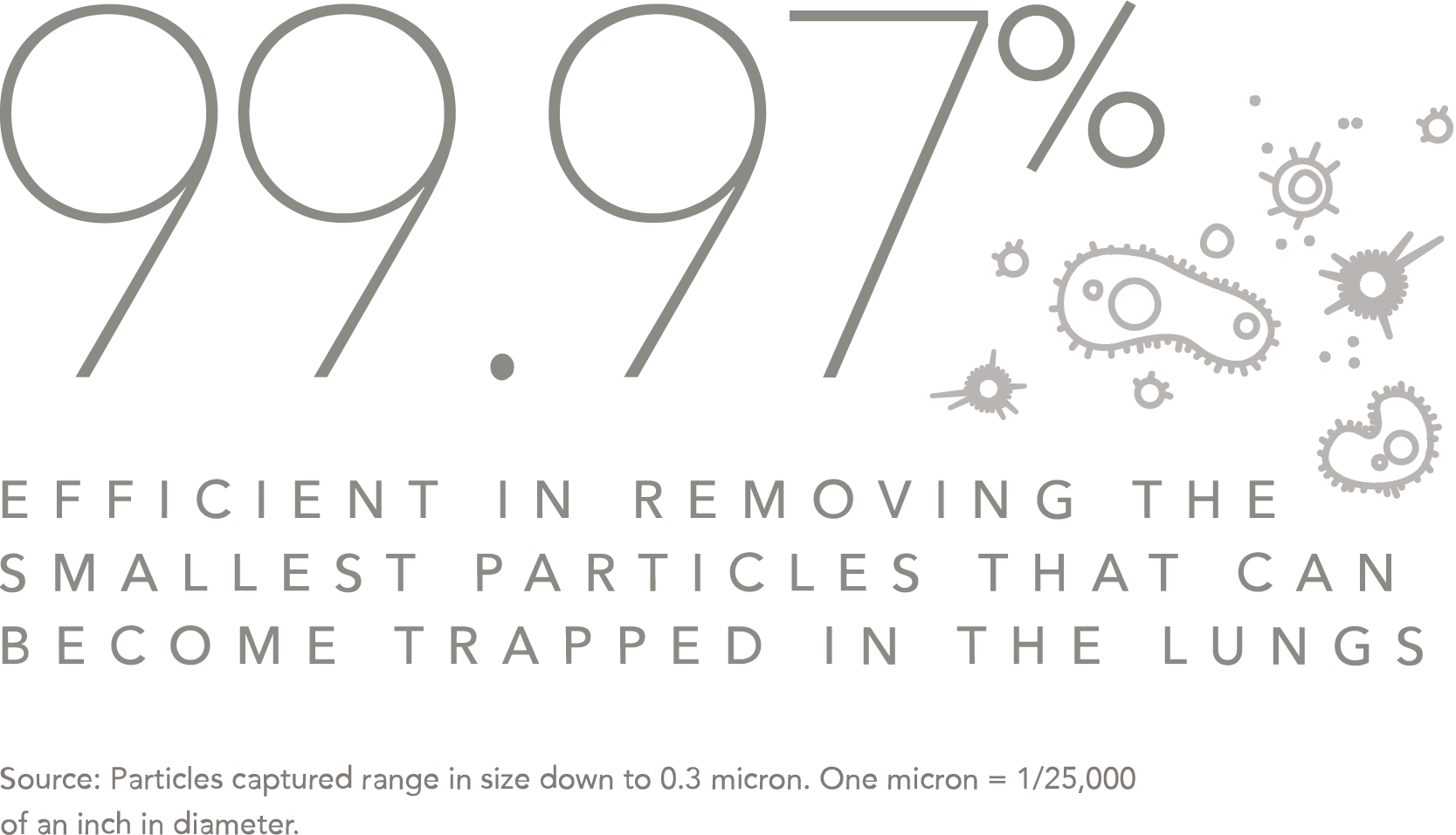
Lennox HEPA filters test at 99.97% efficient in removing particles down to 0.3 micron in diameter – a micron is equivalent to 1/25,000th of an inch, and we’re talking approximately 1/3 the size of that! For a not-quite accurate comparison with other types of air filters – they’re actually in different filter classes – Lennox HEPA filters are rated at 17 MERV or higher, and are certified for hospital-grade use.
How HEPA Filters Can Benefit You:
- The cleanest indoor air achievable
- Highly effective arresting dust, pollen, mold, and a wide range of indoor air pollutants
- Help reduce triggers for asthma and other respiratory conditions
- Significant reduction of airborne viruses and bacteria
- Promote better sleep and rest
- Help improve efficiency and effectiveness of furnace and AC systems
- Help reduce stress on furnace and AC systems, promoting longer equipment life
High Efficiency Media Filters versus HEPA Filter Systems
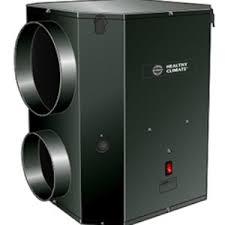 The popular Healthy Climate Carbon Clean 16 (HC16) media furnace filter from Lennox is rated similarly to HEPA filters, at MERV 16, and while there is a certain resemblance, this product is not a HEPA filter. For starters, the HC16 is installed in a traditional filter location, inline in the ducting right next to the furnace. With its very high efficiency rating, which is normally seen as a plus, this filter is not always a good fit for some homes because of the restriction to airflow it adds to the system. This is something that always needs to be looked closely at by your HVAC contractor when discussing a filter upgrade. We find that MERV 11 media filters are sometimes a better call when considering this type of product; they’re less restrictive.
The popular Healthy Climate Carbon Clean 16 (HC16) media furnace filter from Lennox is rated similarly to HEPA filters, at MERV 16, and while there is a certain resemblance, this product is not a HEPA filter. For starters, the HC16 is installed in a traditional filter location, inline in the ducting right next to the furnace. With its very high efficiency rating, which is normally seen as a plus, this filter is not always a good fit for some homes because of the restriction to airflow it adds to the system. This is something that always needs to be looked closely at by your HVAC contractor when discussing a filter upgrade. We find that MERV 11 media filters are sometimes a better call when considering this type of product; they’re less restrictive.
HEPA filters, on the other hand, are housed in their own independent, insulated cabinet, with a dedicated internal fan to assure proper airflow through the highly efficient, dense filter media. When added to a whole-home furnace system, the HEPA filter housing is normally installed in a ‘parallel’ ducting configuration, eliminating concerns about restricting airflow by locating the filter adjacent to the main return-air ducting.
When employed in other home applications, the HEPA filter’s built-in fan may be adequate for a limited ducting system, or a separate air handler may be needed if the new ducting is fairly extensive. More on that below.
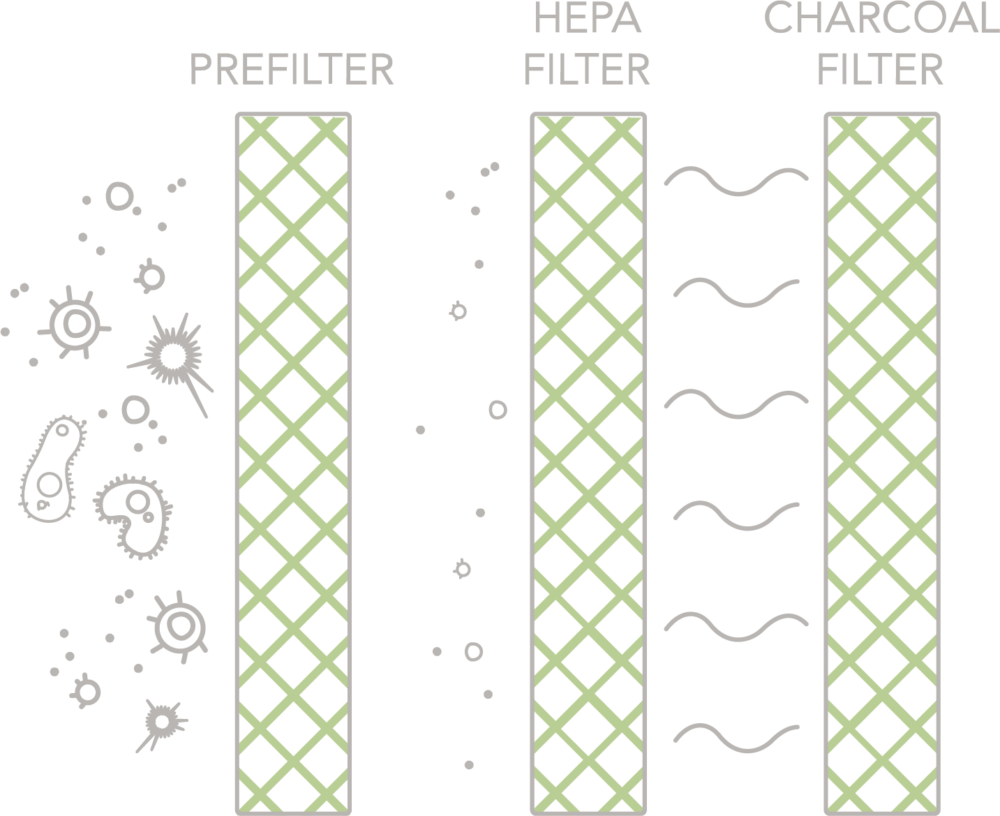
Lennox 3-Stage HEPA Air Filtration for Your Home
Taking a closer look at what our team currently installs for our customers, the Lennox High-Efficiency Particulate Air Filtration System features a 3-stage design: an activated carbon prefilter, a high efficiency HEPA main filter, and a charcoal inner/post-filter.
Lennox manufactures three different HEPA filter models, which correspond to the different fan sizes, filter components, and coverage capabilities of each system. The three models and their airflow ratings are as follows: the HEPA-20 (180 CFM fan); HEPA-40 (320 CFM); and the HEPA-60 (500 CFM). These systems are designed to be installed in an unfinished space such as an attic or crawlspace, or in other unfinished spaces such as workshops, that aren’t considered to be finished living space.
More Lennox HEPA Filter Specifications:
Lennox HEPA filter dimensions range from approximately 14”x14”x18” for the smallest unit, to 16”x16”x28” for the two larger models. The largest, the HEPA-60, weighs only 40 pounds. The takeaway for our customers: These high-end air filters are relatively compact and not too heavy to install in virtually any convenient, unfinished location.
As far as electrical specs, Lennox HEPA filters run off of standard 120 voltage and their power consumption ranges from 125 watts to 225 watts; amperage draw ranges from 1.0 to 1.8 amps. This means that major electrical work is typically not required when installing these air filtration systems, and that their impact on home electrical load and electrical consumption is not considered to be major.
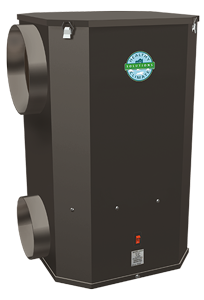
Lastly, the size of sheet metal piping used when installing these units and connecting them to new or existing ducting systems ranges from 6” to 10” diameter, depending on the specific unit and installation.
HEPA System Installation Options
There are several ways that Lennox HEPA systems can be installed in an existing or new home. In some cases, this can be done independently of the way the home is heated.
HEPA Filter in a Central Furnace System
As mentioned above, when connected to a central forced air furnace or other type of central ducting system, HEPA filters are normally installed adjacent to and connected to the main ducting system, in what can be thought of as a short, ‘parallel’ ducting configuration. This approach differs greatly from traditional furnace filters, which sit in the ducting, adding resistance to airflow to the system.
With a HEPA system connected to a central furnace as described above, the filter does an outstanding job filtering your air whenever the furnace fan is operating – without impeding airflow to your home!
HEPA Filtration for Rooms & Smaller Spaces
If whole-home HEPA filtration is not your primary goal, these filters can also be installed with a limited, independent, scaled-down ducting system, sometimes allowing the built-in fan to handle air circulation in the room, as well as thru the filter – assuming the space is small enough and the ducting not too complicated. This approach is a great solution for individual rooms or limited size/adjoining rooms. A small air handler can also be used if the HEPA filter’s fan isn’t powerful enough to do the job.
Whole-House HEPA Filtration For Homes Without a Furnace
If your home is heated by a hot water boiler or another type of system that doesn’t employ central ducting, this doesn’t mean that whole-home HEPA filtration is out of the question. In many cases, it’s possible to install a new, independent, whole-house ducting system in existing unfinished space, employing a full-size air handler, dedicated to indoor air quality and products such as a HEPA filter, central air purifier, and a central steam humidifier, for example.
HEPA Filter Maintenance
All HEPA and HEPA-style filters require regular replacement of important components, with an ongoing investment involved in keeping these products doing the job they were purchased to perform. In the case of these featured Lennox products, this includes replacing the pre-filter, the primary HEPA filter, and the post-filter on a regular basis.
The frequency that this important maintenance needs to be done, of course, depends on factors such as how often the system is being operated and the nature of your indoor air. For their products, Lennox generally recommends replacing the carbon pre-filter every 12 months, the HEPA main filter every 2 to 5 years, and the charcoal inner/post-filter every 3 months (there’s an optional coconut shell carbon post-filter available that has a recommended replacement of every 12 months). In practice, a lot depends on the specific homeowner and their lifestyle, habits, and home.
We always take the time to discuss with our customers the annual and periodic maintenance costs for all indoor air quality (IAQ) products that our team installs, whether we’re talking about HEPA filters, other high efficiency filters, humidifiers, air purifiers, and more. This is an important consideration that all homeowners should take into account before making a purchasing decision. In general – full disclosure – we find that the more effective and efficient the IAQ product, the more specific and crucial its routine maintenance needs are.
Your Denver-Boulder Metro Area IAQ Experts
Our team at Save Home Heat Company offers a broad range of quality home services to homeowners in the Boulder-Denver metro area, including a full complement of whole-home indoor air quality (IAQ) products. Our customers count on us to provide friendly, customized, highly informative, low-pressure service that meets your needs and helps you make informed decisions for your home.

To learn more about HEPA air filters or discuss other options or needs for your home, please contact our team today.
Please contact me to discuss my home’s indoor air quality needs!


